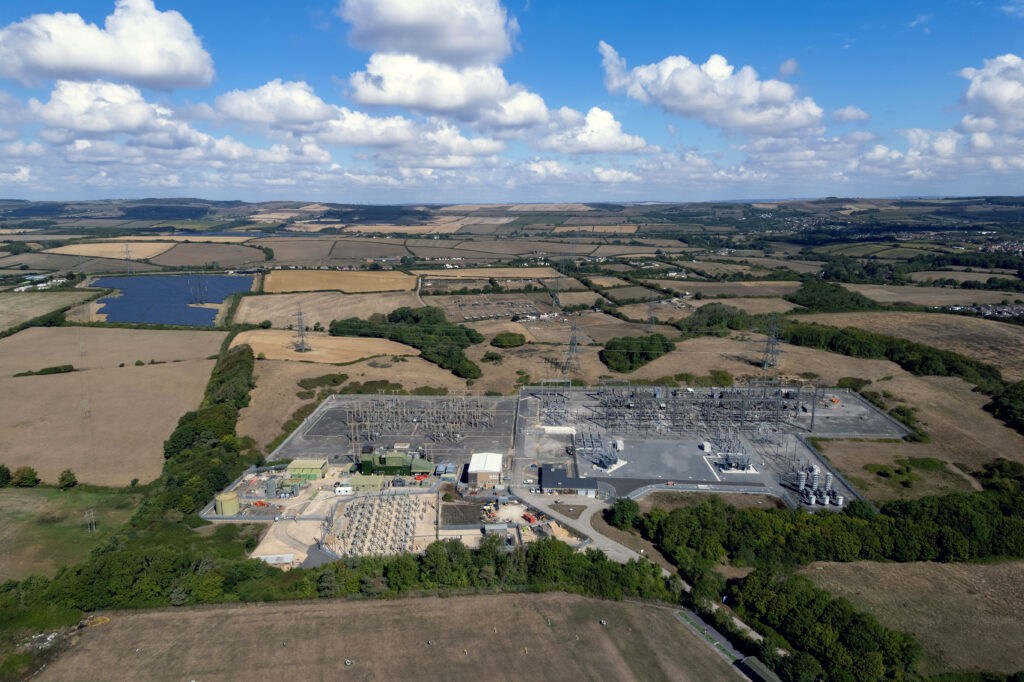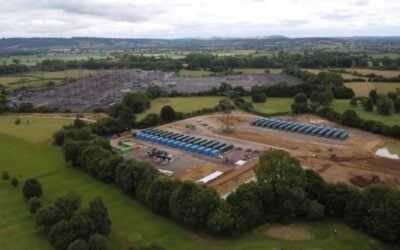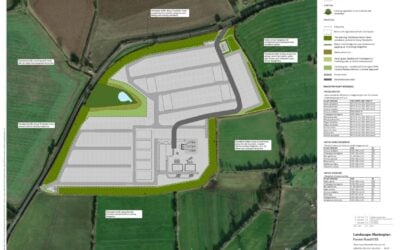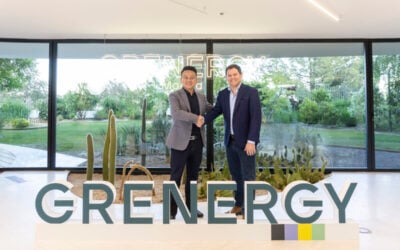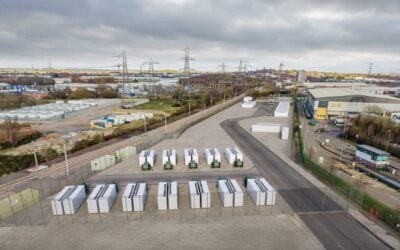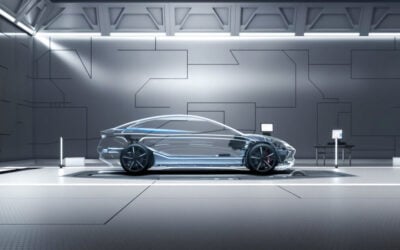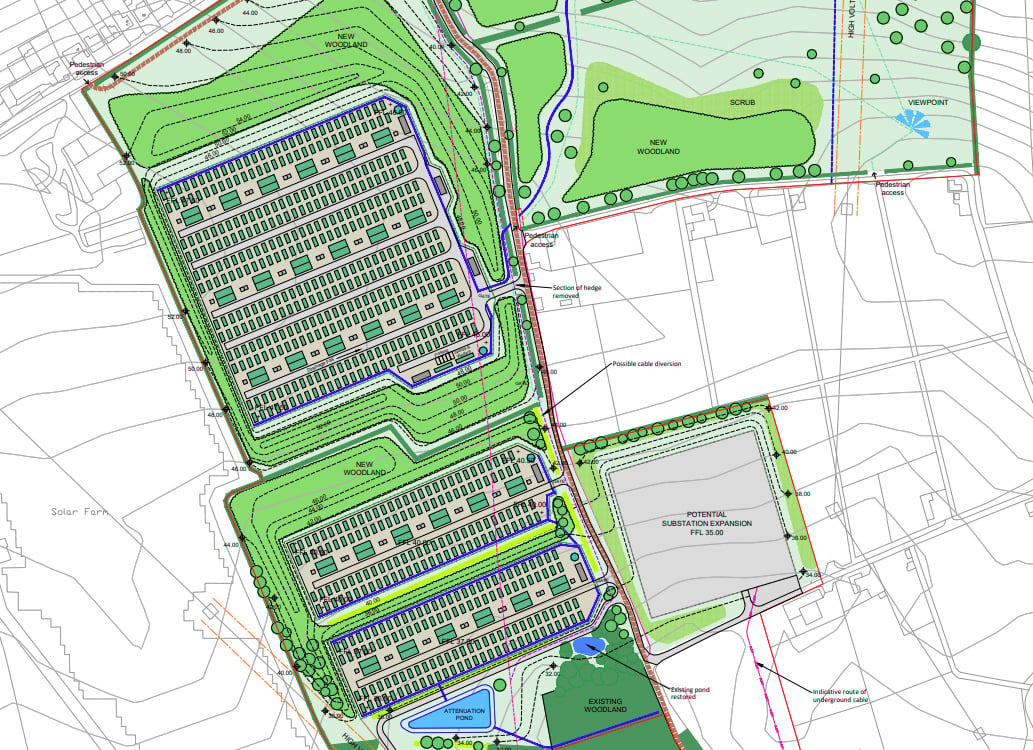
Councillors in Dorset, UK have reportedly approved one of the largest BESS projects in the world, from developer Statera Energy.
The company’s 400MW/2,400MWh Chickerell battery energy storage system (BESS) project was voted in favour of by six votes to two this week (29 July) at a Dorset Council meeting, according to numerous news reports. The county of Dorset is on the south coast of England.
Enjoy 12 months of exclusive analysis
- Regular insight and analysis of the industry’s biggest developments
- In-depth interviews with the industry’s leading figures
- Annual digital subscription to the PV Tech Power journal
- Discounts on Solar Media’s portfolio of events, in-person and virtual
Energy-Storage.news is expecting comment from Statera and will update this article in due course.
The project had been controversial amongst locals for its size and the fire risk that lithium-ion batteries present, but neither the Dorset & Wiltshire Fire and Rescue Service nor the national Environment Agency had objected.
Supporters of the project said its contribution to the UK’s efforts to decarbonise, by helping to integrate renewable energy, made it necessary, and that urban development had a worse impact on the local environment.
Chickerell may include an extension of a nearby substation, pictured to the right of the BESS containers in the above project map from a Statera planning document. The project would comprise 600 BESS containers, 30 inverter houses, 60 small transformers, six control room kiosks, a customer substation and an underground electrical connection to Chickerell substation. The BESS containers would be painted with a matt zinc finish.
Statera hasn’t publicly said which BESS or system integrator it plans to use, but a council document said it had committed to using China-based EV and BESS firm BYD’s MS Cube ESS container product. Amongst the planning documents is a safety manual from BYD for the MS Cube ESS. BYD is one of the largest BESS providers globally, as well as the largest EV firm by units sold, ahead of Tesla.
While receiving planning consent is obviously a fundamental part of getting projects to see the light of day, Statera still needs to make a final investment decision (FID) for the project, at which point the choice of BESS provider would be firmed up.
The Chickerell project involves a fire liaison framework between Statera and the Fire and Rescue Service as well as enhancing wildlife corridors, landscape features and biodiversity. Agricultural land at the site has been classified as Grade 3b/4 (51%), which is considered poorer quality and less productive, with 44% Grade 3 while 5% is Grade 2 (higher quality).
The 6-hour duration would be far higher than most projects online in the UK today, which are around 1- or 2-hour systems. The project has a grid connection date in 2028 but one of this size could presumably take even longer to come online, by which point the UK market may have moved to longer durations.
Statera said that at full capacity the project would discharge about one cycle a day, i.e. its entire capacity over the course of the day.
Many projects are being built with the space to augment further down the line as revenues more towards more energy-intensive activities. The largest UK BESS owner-operator Gresham House discussed this in an interview last week (Premium access).
The agenda for the 29 July meeting, which spells out the major details and arguments for and against the project, can be accessed here while a full list of planning process documents is here.
